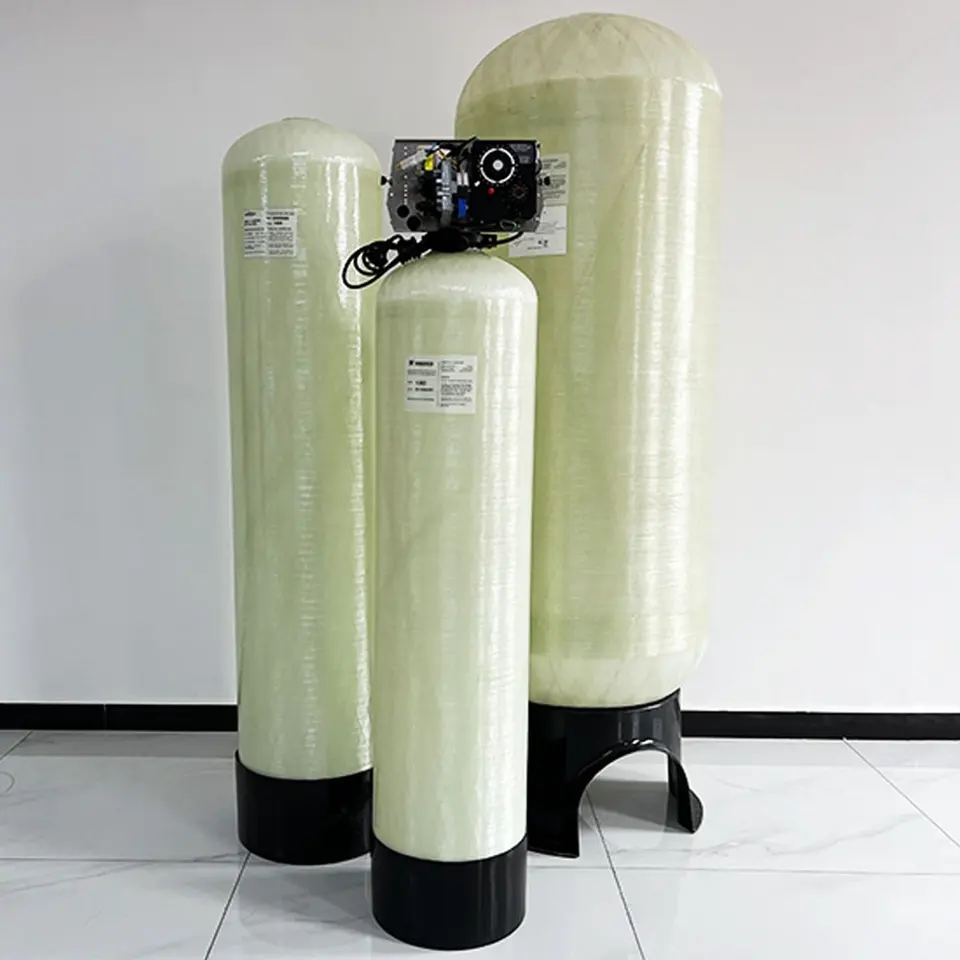Table of Contents
Benefits of Using Control Valves in Industrial Processes
Control valves and on/off valves are essential components in industrial processes, each serving a specific purpose in controlling the flow of fluids or gases. While on/off valves are designed to either fully open or fully close the flow, control valves offer a more precise and dynamic control over the flow rate, pressure, and temperature of the fluid or gas passing through the system.
One of the key benefits of using control valves in industrial processes is their ability to regulate the flow rate with a high degree of accuracy. By adjusting the position of the valve plug or disk, control valves can precisely control the flow of fluid or gas, allowing operators to maintain optimal process conditions and improve overall efficiency. This level of control is particularly important in industries where precise control over flow rates is critical, such as in chemical processing, power generation, and oil and gas production.
Another benefit of using control valves in industrial processes is their ability to maintain consistent process conditions. By continuously monitoring and adjusting the flow rate, pressure, and temperature of the fluid or gas passing through the system, control valves can help ensure that process conditions remain within specified limits. This not only improves product quality and process efficiency but also helps prevent equipment damage and downtime.
| Model: Manual\u00a0Softener\u00a0Valve | MSD2 \u00a0 \u00a0 \u00a0 \u00a0 \u00a0 | MSS2 \u00a0 \u00a0 \u00a0\u00a0 | MSD4\u00a0 \u00a0 \u00a0 \u00a0 | MSD4-B \u00a0 \u00a0 | MSD10\u00a0 \u00a0 \u00a0 \u00a0\u00a0 |
| Working Position | Filter-> Back Wash-> Fast Rinse ->Filter | ||||
| Regeneration mode | Manual | ||||
| Inlet | 3/4” | 3/4” | 1” | 1” | 2” |
| Outlet | 3/4” | 3/4” | 1” | 1” | 2” |
| Drain | 3/4” | 3/4” | 1” | 1” | 2” |
| Base | 2-1/2” | 2-1/2” | 2-1/2” | 2-1/2” | 4” |
| Riser pipe | 1.05” OD | 1.05” OD | 1.05” OD | 1.05” OD | 1.5”D-GB |
| Water Capacity | 2m3/h | 2m3/h | 4m3/h | 4m3/h | 10m3/h |
| Working Pressure | 0.15-0.6Mpa | ||||
| Working Temperature | 5-50\u00b0 C | ||||
| Power Supply | No need Power | ||||
Control valves also offer energy savings benefits in industrial processes. By optimizing the flow rate and pressure of the fluid or gas passing through the system, control valves can help reduce energy consumption and operating costs. This is particularly important in industries where energy costs are a significant factor in overall production costs, such as in power generation and chemical processing.

Furthermore, control valves can help improve process Safety by providing a means of quickly shutting off the flow of fluid or gas in the event of an emergency. Many control valves are equipped with fail-safe features that automatically close the valve in the event of a power failure or other system malfunction, helping to prevent accidents and minimize the risk of equipment damage.
In conclusion, control valves offer a range of benefits in industrial processes, including precise control over flow rates, flexibility in operation, consistent process conditions, energy savings, and improved process safety. By incorporating control valves into their systems, industrial operators can enhance process efficiency, product quality, and overall operational performance.
Importance of Proper Maintenance for On/Off Valves in Plumbing Systems
Control valves and on/off valves are essential components in plumbing systems that help regulate the flow of fluids. While control valves are used to control the flow rate, pressure, and temperature of the fluid passing through a system, on/off valves are designed to completely stop or allow the flow of fluid. Both types of valves play a crucial role in ensuring the proper functioning of plumbing systems, and it is important to maintain them regularly to prevent any issues that may arise.
Proper maintenance of on/off valves is essential to ensure their longevity and efficiency. Over time, on/off valves can become clogged with debris, mineral deposits, or corrosion, which can impede their ability to open and close properly. This can result in leaks, reduced water pressure, or even complete failure of the valve. Regular maintenance, such as cleaning and lubricating the valve, can help prevent these issues and ensure that the valve operates smoothly.
In addition to cleaning and lubricating the valve, it is also important to check for any signs of wear or damage. This includes inspecting the valve for leaks, cracks, or corrosion, as well as checking the handle or actuator for any signs of wear. If any issues are found, it is important to address them promptly to prevent further damage to the valve and the plumbing system as a whole.
Another important aspect of maintaining on/off valves is ensuring that they are properly installed and aligned. Improper installation can Lead to leaks, malfunctions, or even damage to the valve itself. It is important to follow the manufacturer’s instructions when installing the valve and to ensure that it is properly aligned with the rest of the plumbing system. This will help prevent any issues that may arise due to misalignment or improper installation.
Regular testing of on/off valves is also important to ensure that they are functioning properly. This includes testing the valve for leaks, checking the pressure and flow rate, and ensuring that the valve opens and closes smoothly. If any issues are found during testing, it is important to address them promptly to prevent any further damage to the valve or the plumbing system.
Overall, proper maintenance of on/off valves is essential to ensure the proper functioning of plumbing systems. Regular cleaning, lubrication, inspection, and testing of the valve can help prevent issues such as leaks, reduced water pressure, or complete valve failure. By taking the time to properly maintain on/off valves, homeowners can ensure that their plumbing systems operate efficiently and effectively for years to come.
